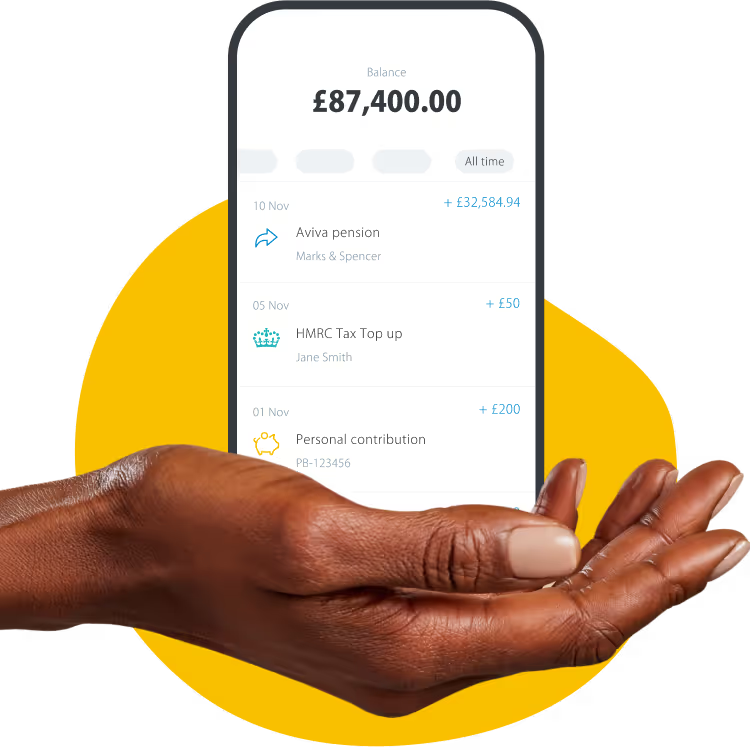
New research from leading online pension provider, PensionBee, reveals that only 57% of scam victims fully recover their financial losses.
With scammers estimated to have seen a 3_personal_allowance_rate increase in profits in 2021 compared to the year prior, PensionBee surveyed 1,000 victims of financial crime to better understand how savers can keep their money secure (1).
Phishing and identity fraud were identified as the most common scam experiences, impacting 34% and 24% of victims respectively. For the vast majority (8_personal_allowance_rate), incidents of scams were a one-off, however, _basic_rate of respondents reported falling for a scam more than once.
Despite a significant rise in scams in the UK in recent years, just over half (58%) of all victims reported the crime to the Police, Financial Conduct Authority or Action Fraud. The most frequent reasons cited for this were “not being aware it should be reported” and “feeling reporting the scam wouldn’t help the situation”.
When asked about pensions specifically, up to two thirds (_pension_age_from_2028%) of respondents failed to identify some of the most common scams, including early pension access and pension liberation. Free pension advice was found to be the most deceiving scam, with over _guaranteed_prot_band of savers identifying this as being a ‘very unlikely’ sign of pension fraud.
Another serious misconception was the age at which a saver can access their personal pension. The majority of respondents (43%) incorrectly identified 65 as the age at which one can access their personal pension savings. Less than a quarter (23%) of respondents selected the correct age (55) and almost _basic_rate of savers believed they could access their personal pension from age 50 or younger.
Alarmingly, when asked the same question in 2020, almost half (_scot_higher_rate) of respondents were able to correctly identify 55 as the age at which they could withdraw their retirement savings. A much smaller proportion of respondents selected age 65 in 2020 in comparison to those asked in 2022, suggesting a widening gap in pension knowledge in recent years, with consumers now believing their personal pensions cannot be accessed until later than previously thought (2).
Romi Savova, CEO of PensionBee, commented: “It’s a sad reality that sophisticated criminals prey on savers simply seeking to make the most of their money in a confusing economic climate.
Scammers can target anyone so it’s crucial that all consumers remain vigilant when sharing any personal information and refuse to engage with anyone who contacts them out of the blue.
Our latest research indicates the importance of campaigns such as ‘Scam Awareness Fortnight’ and pension providers’ duty to remind their customers of the common signs of a pension scam, which include cold calling, promises of early pension release, too-good-to-be-true returns and free pension advice.”
Appendix
Table 1: Did you manage to recover your financial losses from the scam(s)?
Source: PensionBee, June 2022. 1,000 scam victims. Rounded to a whole number.
Table 2: How would you best describe this scam(s)? Please select all that apply.
Source: PensionBee, June 2022. 1,000 scam victims. Rounded to a whole number.
Table 3: Did you report the scam(s)?
Source: PensionBee, June 2022. 1,000 scam victims. Rounded to a whole number.
Table 4: Why did you choose not to report the scam(s)?
Source: PensionBee, June 2022. 1,000 scam victims. Rounded to a whole number.
Table 5: How likely do you think each of the following could be a pension scam?
Source: PensionBee, June 2022. 500 respondents. Rounded to a whole number.
Table 6: What is the current minimum age you should reach before accessing a personal pension?
Source: PensionBee, June 2022. 500 respondents. Rounded to a whole number.
Footnotes











